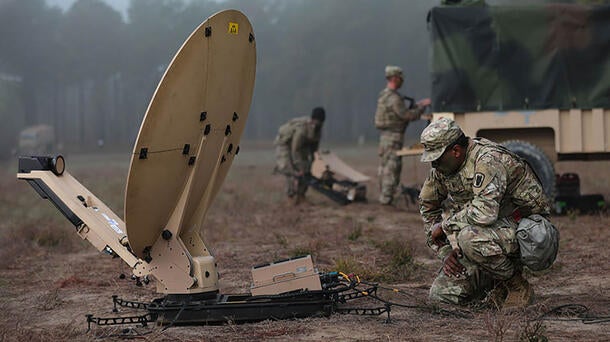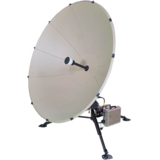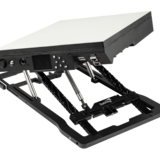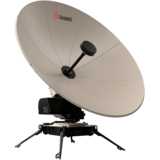As the multi-domain threat landscape evolves and shifts, the need for resilient, interoperable communications becomes more apparent for effective combat operations.
As such, the U.S. Army is moving toward a concept to unify the networks of tactical Satellite Communications (SATCOM) terminals through a family of terminals approach. The concept intends to optimize the signal force’s ability to provide resilient communications, and to outmatch current and emerging threats across all domains.
“By aligning to a family of systems approach, soldiers don’t need additional training for each individual terminal and can leverage resilient communication capability throughout the family, because the terminals will be based on the same common architecture,” according to Zsanette McKinney, L3Harris Technologies Account Management lead.
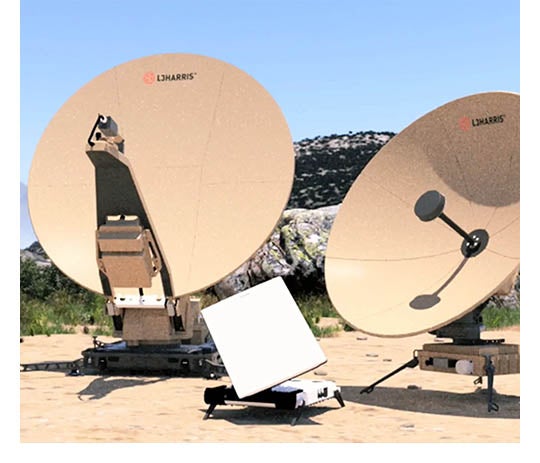
Further, the technical commonality reduces the need for retraining and improves sustainment logistical requirements, enabling armed forces to effectively fight and win in multi-domain operations.
“The Tactical Network Family of Terminals concept is a way for the U.S. armed forces to have an inventory of Very Small Aperture Terminals – ranging from small manpack terminals to the larger, 2.35-meter variants – so that any program requiring VSATs can leverage terminals within the system to meet their specific requirements,” said McKinney. “Our forces can effectively fight and win in multi-domain operations, supporting a sustainable strategic path to the Army of 2040.”
Key objectives include reduced Size, Weight and Power (SWaP) and increased flexibility, including modem design for full-spectrum deployability and survivability in contested environments. The Army zeros in on “the most capable expeditionary terminals at echelon” that offer beyond-line-of-sight connectivity with low latency, leveraging existing commercial solutions, added McKinney.
Different sized solutions for specific Army objectives
“Our experience working and collaborating with and innovating for the Army, as well as the breadth of currently fielded equipment we have delivered over the years, makes L3Harris a natural fit to continue supporting current and future capabilities,” said Jerry Adams, L3Harris general manager of SATCOM programs. “The flexible architectures of our solutions currently in use, as well as those available today for deployment, supports the Army in rapidly inserting new technology. Our family of terminals provide both backward-compatibility and futureproofing to meet the Army’s needs today and well into the future.”
L3Harris has decades of experience protecting communications over the air to make it difficult for an adversary to locate the user of the communications equipment, according to Adams. The company’s solutions employ multiple methods of resiliency, including multi-orbit and multi-constellation techniques.
L3Harris will offer its entire product line for program consideration, ranging from flat-panel options to the Hawkeye™ 4 2.35-meter terminal. Each system provides easy-to-use interfaces due to the consistent digital architectures and on-time software upgrades inherent in the portfolio.
The company is developing solutions with industry partners to provide extended capabilities for multi-constellation support of the terminal network.
L3Harris will demonstrate the advanced capabilities of the Army’s first priority for deployment – the larger Hawkeye 3 two-meter and Hawkeye 4 2.35-meter variants – later this year.
